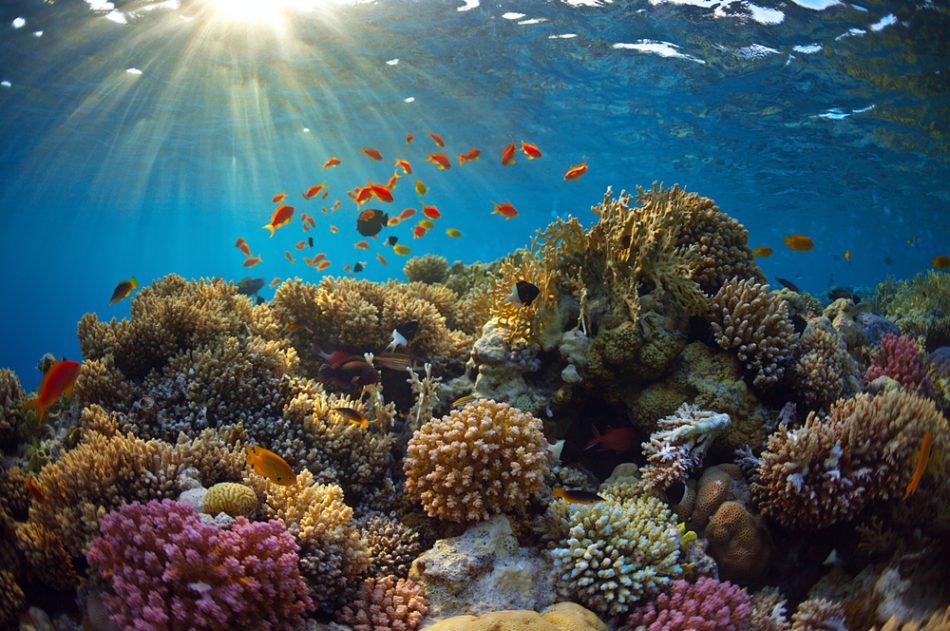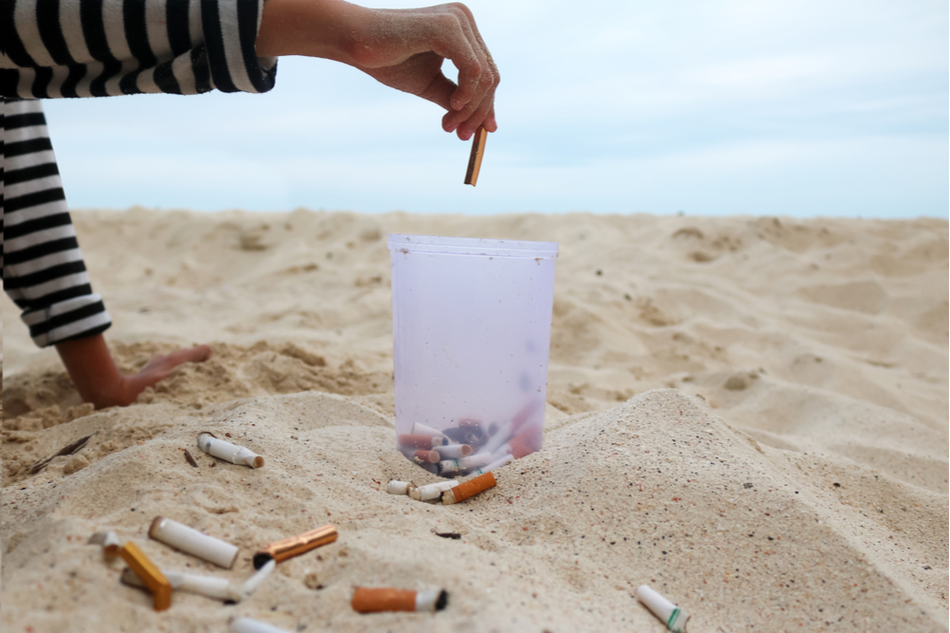Oceans
From tackling marine plastic pollution to coral reef restoration, learn about humanity’s latest efforts to protect ocean habitats and marine wildlife.

Australian whale-watching season gets an early start thanks to conservation
Suppose you’ve ever had the privilege of witnessing the majesty of a humpback whale breaching the water and slapping the surface with its flippers. In that case, you’ll probably agree that the sight is unforgettable. This year, whale watchers off the east coast of Australia are being treated Read More...

New device helps protect endangered whales from crashing into ships
North Atlantic right whale populations used to thrive in the ocean. As of 2021, though, approximately 300 right whales remain in the wild, a steep drop from 480 right whales counted in 2011. Reasons for the decline of the right whale population include entanglement in fishing nets, habitat loss, Read More...

Scientists discover world’s largest plant off Australian coast
General Sherman is the largest tree in the world. It’s a giant sequoia in Sequoia National Park standing at 275 feet, nearly the length of a football field. It turns out, though, that General Sherman isn’t the biggest plant on earth. Scientists have discovered a patch of seagrass off the Read More...

Marine biologists come up with effective low-tech solution to bycatch
Bycatch, which is the accidental capture of non-target species such as dolphins, marine turtles, and seabirds, is a pervasive problem in the fishing industry. Thousands of whales, dolphins, and porpoises drown from getting entangled in nets and lobster potlines every year. The problem is that Read More...

AI exposes coral reefs “singing”
Coral reefs are essential to ocean ecosystems, providing food and homes to all sorts of organisms. Learning as much as possible about these living creatures is important to protect all the life in the vast seas. A team from the University of Exeter is doing just that, creating an algorithm to Read More...

This recycling program in Catalonia aims to rid streets and beaches of cigarette butts
The Catalan government has launched a clever plan to rid their streets and beaches of cigarette butts. As an added plus, the plan has provided a small source of income for the homeless. According to the environmental organization Ocean Conservancy, cigarette butts are the most plentiful type of Read More...

How ocean vegetables could help tackle the global food crisis
As the world population is expected to reach 9 billion people by 2050, we need to increase our food production by 70 percent to be able to feed everyone. But more importantly, we need to figure out ways to do it sustainably. Traditional agriculture won’t cut it because of growing water scarcity Read More...

Fun ways to counter lionfish invasion
You may have heard about the spread of lionfish throughout the western Atlantic Ocean over the last ten years. They’ve also gotten into the Caribbean Sea and the Gulf of Mexico, and more recently they’ve entered the Mediterranean Sea via the Suez Canal. While these spiny, striped fishes are Read More...

Want to keep sharks and beachgoers safe? There’s an app for that
Sharks, as top predators, are a keystone species. This means the balance of whole marine ecosystems relies heavily on sharks' well-being. Protecting and conserving sharks is of the utmost importance, especially since they already face many threats to their survival such as the illegal shark fin Read More...

Dolphins are using coral as a skin treatment
New research suggests that dolphins rub up against coral for more reasons than scratching a hard-to-reach itch. The cetaceans, which are known to rub against the rough surfaces of coral, take naps in coral beds, and enjoy soaking on sponges along the reef may actually be using the coral to treat Read More...


